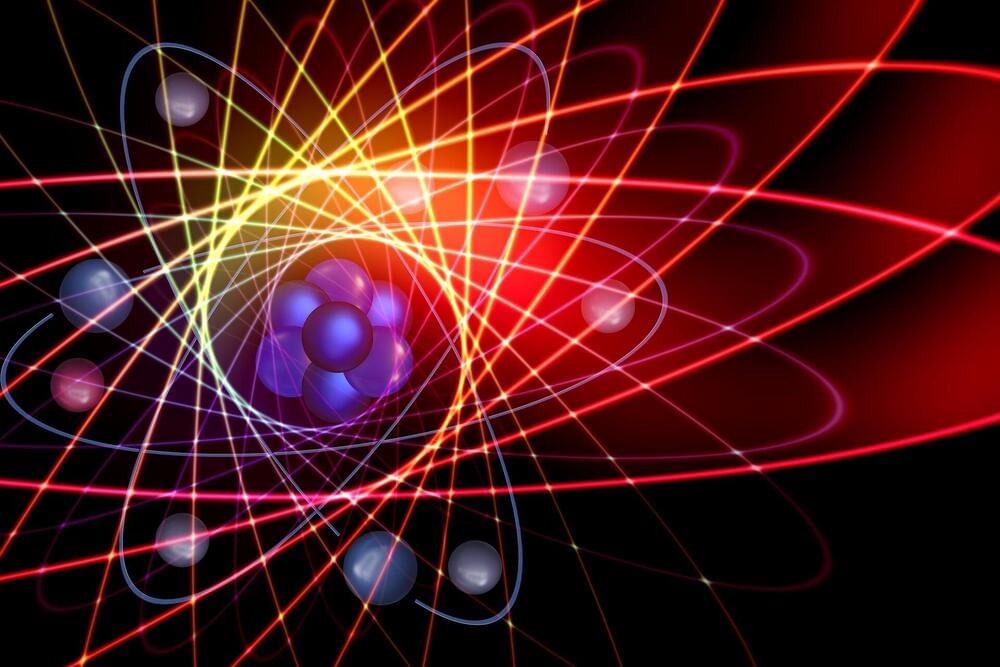The field of machine learning on quantum computers got a boost from new research removing a potential roadblock to the practical implementation of quantum neural networks. While theorists had previously believed an exponentially large training set would be required to train a quantum neural network, the quantum No-Free-Lunch theorem developed by Los Alamos National Laboratory shows that quantum entanglement eliminates this exponential overhead.
“Our work proves that both big data and big entanglement are valuable in quantum machine learning. Even better, entanglement leads to scalability, which solves the roadblock of exponentially increasing the size of the data in order to learn it,” said Andrew Sornborger, a computer scientist at Los Alamos and a coauthor of the paper published Feb. 18 in Physical Review Letters. “The theorem gives us hope that quantum neural networks are on track towards the goal of quantum speed-up, where eventually they will outperform their counterparts on classical computers.”
The classical No-Free-Lunch theorem states that any machine-learning algorithm is as good as, but no better than, any other when their performance is averaged over all possible functions connecting the data to their labels. A direct consequence of this theorem that showcases the power of data in classical machine learning is that the more data one has, the better the average performance. Thus, data is the currency in machine learning that ultimately limits performance.
